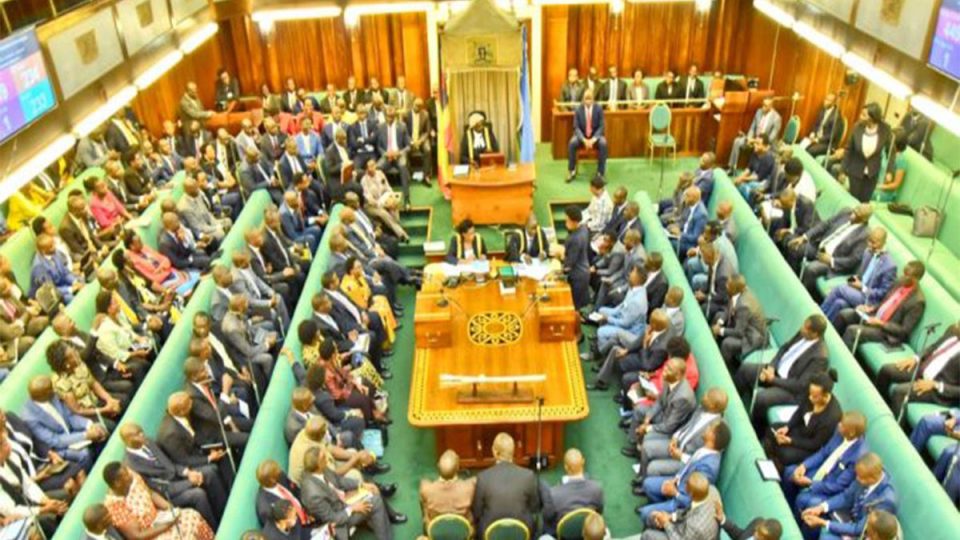A group of legislators has opposed the inclusion of HIV-positive status as a ground for aggravated rape under the proposed Sexual Offences Bill, 2024, citing concerns about stigma and challenges in proving such cases. The debate arose during the Joint Committee of Legal and Gender’s inaugural review of the Bill, tabled by Anna Adeke (Soroti DWR).
Fox Odoi (West Budama North East) led the dissent, arguing that such provisions would exacerbate stigma against people living with HIV. He referenced the Director of Public Prosecution’s (DPP) plea to repeal the HIV Control and Prevention Act for similar reasons. “Being HIV positive must not be an aggravating circumstance. The issue lies with a person who knowingly transmits HIV,” Odoi asserted.

Adeke had proposed that the deliberate spreading of HIV by offenders of sexual crimes, particularly involving minors, be categorized as aggravated rape. Clause 17 of the Bill outlines that aggravated rape charges would apply to cases where the offender is:
- HIV positive or has a sexually transmitted disease.
- A parent, guardian, or person in authority over the victim.
- A serial offender.
- Using force or threats of violence.
- Related to the victim.
- Involved in gang rape.
The clause also recommends the death penalty for aggravated rape, a suggestion Odoi strongly opposed. He criticized the punishment as disproportionate, comparing it to lesser sentences for crimes like genocide and mass murder under the Rome Statute.
“We should move away from the death penalty for all offences. While these crimes are grave, the death penalty is not appropriate,” Odoi stated, urging the committee to revise the Bill.
In contrast, Jonathan Odur (Erute South) supported stricter penalties for offenders who knowingly spread HIV through sexual violence. He argued that such acts irrevocably harm victims’ lives and should warrant aggravated charges. “This isn’t about discrimination. Offenders must face consequences for the lasting damage they cause,” Odur emphasized.
The debate reflects ongoing divisions over how to balance justice for victims with fairness in the legal framework for sexual offences.
